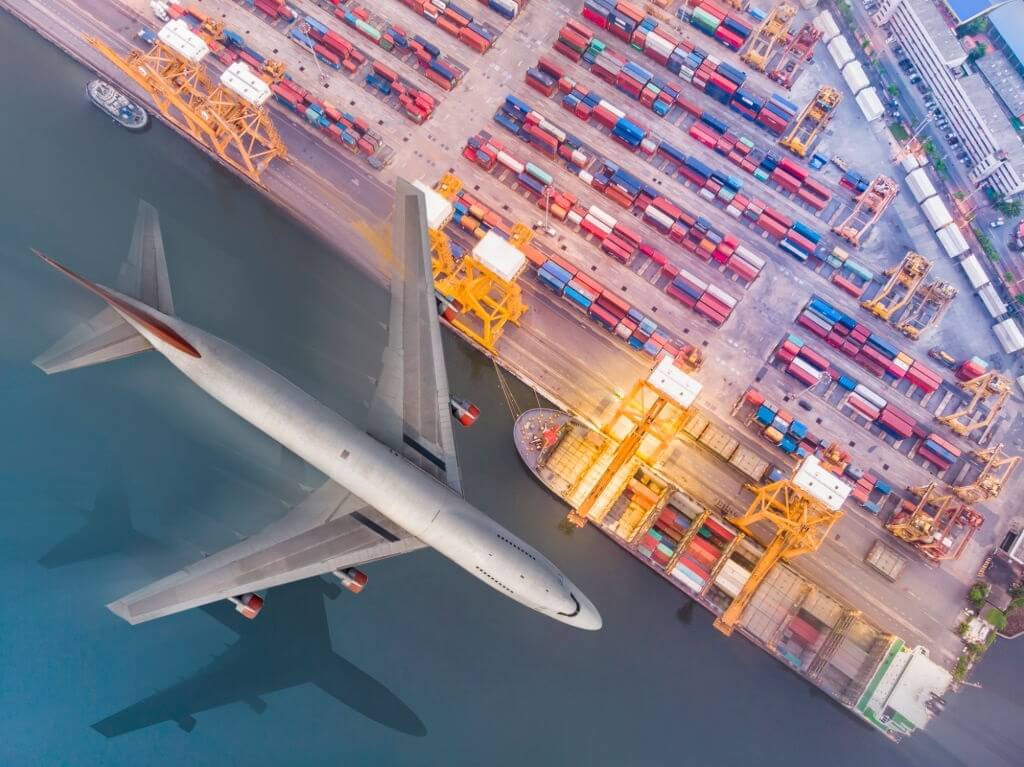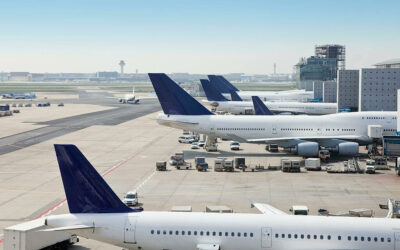How Air Cargo Would Help Win The Fight Against COVID 19?
The economic repercussions of the COVID 19 started to surface as early as January when the number of the cases in China started to rise exponentially. No one really can tell for how long it will persist and what could the repercussions be. It’s even worse than the global financial crisis of 2008 or the one led by SARS. Tourism, trade, many other businesses are collapsing due to the flight restrictions.
Table of Contents
Airline Industry Suffering
Airlines in the world are going through an unprecedented difficulty as the COVID 19, coronavirus has unleashed a crisis upon the global industrial sectors, the worst one of this century. Since January, approximately 185000 passenger flight operations have been canceled. As the countries imposed lockdown and advised their people to follow social distancing and isolation, markets have been empty. People fear to contract the virus by traveling and through airports. Online shopping has sky-rocketed; people prefer to do virtual shopping than going to the market in person. Air cargo has been making sure that the people safely get what they ordered. Since the pandemic took over, air cargo has been playing a crucial role in transporting food and other products, including medicines, medical equipment.
Lockdown Disrupting Supply Chain
The lockdowns where on the one hand are helping to stop the further spread of the virus are also creating hurdles in fighting it. This oxymoronic role of the partial and complete restrictions has stopped the delivery of various medicines. For example, malaria based medicine is basically imported from India, which can help reduce milder symptoms of COVID 19. Due to the lockdown and travel restrictions, the cargo operations in India are also suffering, and the delivery of this medicine is also facing obstacles.
Air Cargo Would Save Lives
Several relief flight operations were carried out to affected areas in such sensitive times. Air cargo bears vital importance to win the fight against the coronavirus. IATA’s CEO is of the opinion that the smooth movement of cargo will save lives.
Chartered Flight Operations:
Many airlines are operating chartered flights to carry the necessary medical equipment including masks, testing kits, and PPEs. For instance, Croatian Airlines and China Eastern transported a significant amount of medical supplies to Zagreb and to Italy respectively to support the health sectors there.
Moving Supply Chain:
Though much of the businesses around the world have come to a halt, most of the air cargo carriers, logistics managers, freight forwarders, truck drivers, warehouse workers, all have continued to work to keep the supply chain and the world economy moving.
Just like the global health workers, the incumbents of the Supply chain are also on the front line in the fight against COVID 19 as they are making sure that the time-sensitive material including food and medicine are safely delivered.
To continue the logistics operations, Airlink, which is a nonprofit company, carried food and medical supplies to help fight the virus. Millions of facemasks which were then donated to France and Spain were carried by Airbus from China to Europe.
Also Read: The Impact Of COVID-19 Pandemic On The Shipping Industry
Hurdles in The Operations
According to IATA’s Director General and CEO, the air cargo flights carrying crucial supplies still have to go through long bureaucratic and custom processes to gain permits. He further suggested the governments offer flexibility in the rules and speed up the processes to keep the supply chain moving.
Moreover, the current cargo flight operations are costing a lot as before, and after every travel, there is a need of disinfecting the plane along with the isolation requirement of the crew for at least two weeks, there is often a need for more team which often affects the cargo operations causing delay or other problems.
Exempting Cargo Flights From Travel Restrictions
Keeping in view the importance of air cargo. Many countries exempted cargo flights from travel restrictions. For example, Pakistan too opened up its borders to Afghanistan so that the necessary food and medical supplies could reach the country while some countries like Somalia imposed complete closure of their airspace.
IATA’s Suggestions for Governments:
As Asia is the hub of the manufacturing industry, it is essential to relax travel restrictions. The speedy tracking procedures, easy provision of landing permits, and the protective kits for the cargo operators must be ensured.
IATA is working to bring as much relief as possible for the cargo operations in such critical times. IATA is trying to cooperate with governments to ensure a movement of goods so the very basic needs of people can be fulfilled and the emergency supplies reach their destination so the fight against the coronavirus can be won.
The organization is asking the governments to give relaxation in the cargo operations for a smooth flow by granting traffic rights and reducing or canceling parking fees and suspend operational curfews etc. They are also of the view that the governments must recognize the importance of the continuity of cargo operations and exempt air cargo from travel restrictions and spare the 14-day quarantine requirement for crew members when they don’t interact with anyone.






